TEAM COACHING
“In my 44 years in the field, I have never worked with an organizational and team consultant as skilled and responsive as Kerry.”
— Bill Diehl, Executive Director, The Collaborative for Educational Services
Who is it for?
Dynamic teams, in which people work well together and are able to accomplish great things together, are the “sweet spot” in work environments. The opportunity to be part of a dynamic team is empowering, inspiring, fulfilling, and fun! All of that leads to more success in reaching your organization’s bottom-line goals.
Benefits for the team and organization include positive impacts on:
Productivity
Quality
Communication and managing conflict
Morale
Client relationships
Teamwork and trust
Job satisfaction and employee retention
Profitability
Positive organizational culture
I typically work with teams (i.e. executive leadership, management/staff, strategic business partnerships, and project teams) when:
A team is working well together but is up for a much bigger challenge
and needs support moving from good to great.A team is in transition—may have a new member/leader or need to
work differently to respond to a change or new challenge.A team has conflict and is not working well together.
Approach:
While each team is unique, my approach typically involves an assessment phase with interviews, a written survey, or a data-driven team diagnostic assessment. This assessment delivers a comprehensive team profile that highlights strengths and opportunities for improvement. Working from this assessment, we identify priorities and design an action plan.
After the assessment, I customize a team coaching program that may include facilitated meetings, skill-building workshops, and team-leader coaching. We’ll set actionable benchmarks for substantive, sustainable changes over an extended period (usually 6-12 months).
In the end, if appropriate, a second assessment allows us to compare the results to the original baseline. Using quantitative data to inform a team process can help to make abstract “how we’re going to work together” conversations more concrete. This before-and-after assessment data allows you to measure your ROI (Return On Investment).

